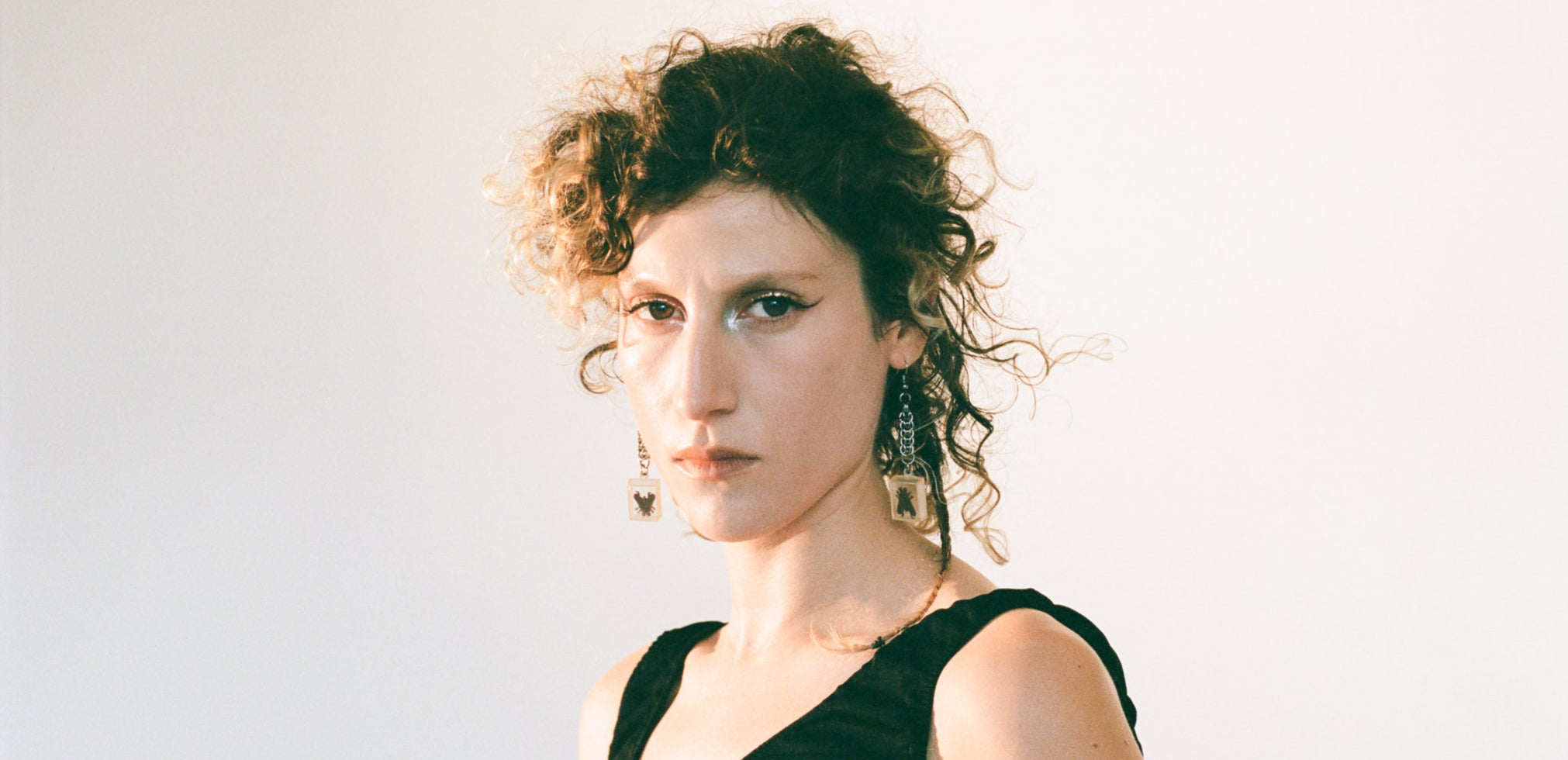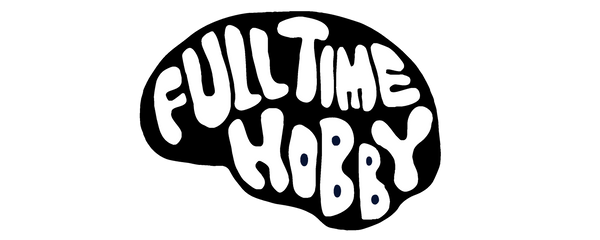Squirrel Flower

An hour south of Chicago, along the shores of Lake Michigan, sits the Indiana Dunes, a protected expanse of shoreline recently designated a National Park. When Ella Williams first visited the Dunes, she was awed by the juxtaposition of its natural splendor within the surrounding industrial corridor of Northwest Indiana.
“Every time I go there, it changes my life,” she says, without a hint of hyperbole. “You stand in the marshlands and to your left is a steel factory belching fire and to your right is a nuclear power plant.”
Across the water, Chicago waits, its glistening towers made possible by the same steel forged here. For as long as she’s been making music, Ella Williams’ songs have been products of the environments they’re written in, born out of the same world they so vividly hold a mirror to.
The music Williams makes as Squirrel Flower has always communicated a strong sense of place. Her self-released debut EP, 2015’s early winter songs from middle america, was written during her first year living in Iowa, where the winter months make those of her hometown, Boston, seem quaint by comparison.
Since that first offering, Squirrel Flower amassed a fanbase beyond the Boston DIY scene with several releases, with collaborators including storied engineer Alex Farrar (Wednesday, Indigo de Souza, Snail Mail), Matt McCaughan (Bon Iver), Seth Kauffman (Angel Olsen band), Jake Lenderman (aka MJ Lenderman), and Dave Hartley (The War on Drugs).
While her early work is often hushed and minimal, there has always been a barely contained storm in Williams’ music. Tomorrow’s Fire - her 2023 album released via Full Time Hobby - is that storm breaking open, a rock record, made to be played loud.
Records & Merch
-
Squirrel Flower - Tomorrow's Fire
Regular price From £10.00 GBPRegular priceUnit price / per£10.00 GBPSale price From £10.00 GBP -
Squirrel Flower - Planet (i)
Regular price From £10.99 GBPRegular priceUnit price / per£10.99 GBPSale price From £10.99 GBP -
Squirrel Flower - 'I Was Born Swimming'
Regular price From £10.00 GBPRegular priceUnit price / per£10.00 GBPSale price From £10.00 GBP
1
/
of
3



